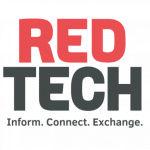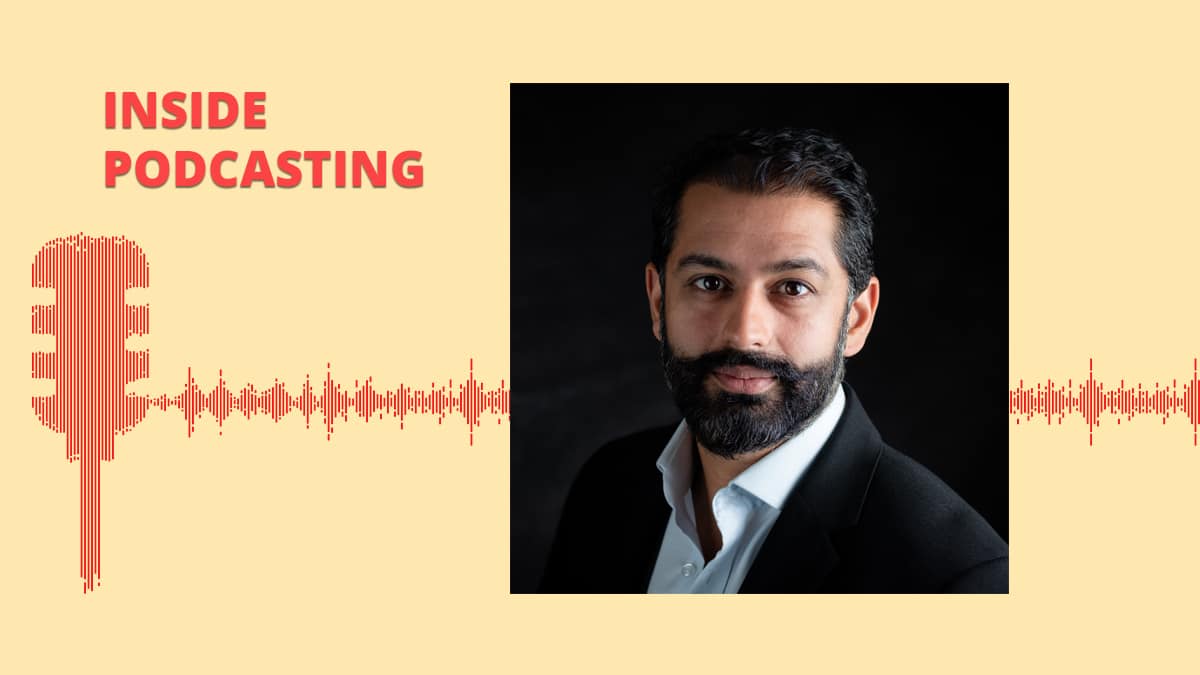The Beginning
This is the second piece in our special series on podcasting, which shares insight into the dynamics of this booming audio phenomenon. What are the differences between linear/FM stations and podcasters? What are the similarities? How can they find common ground to work together?
Published over six bi-monthly print issues, we hear of the journeys of podcasters in places like Kenya, South Africa, Canada, the United States, the United Kingdom, and elsewhere in Europe. They shed light on what brought them to this medium, the mistakes they’ve made and lessons learned, how they sustain themselves and the tips they have for new, budding podcasters, whether they’re individual content creators or station-backed productions. The series also looks at what it takes to get started, the investment required, how to scale the podcasts and monetize them effectively, and more.
This month, Rajan Nazran describes facing the blank podcast page, and how he began his podcast journey.
If you have any suggestions or questions regarding this series or others, please send us an email at team@redtech.pro and we’ll publish your input along with a relevant response.
LONDON — As I sit down in my makeshift “studio” that was once a walk-in wardrobe, my young children’s fingerprints are painted across my screen. They are a reminder of how COVID-19 has upended my world – two years ago I was travelling to two or three destinations a year, and homeschooling sounded like something from a ‘70s TV show. COVID-19 has ripped loved ones apart, spread paranoia within communities, and emptied shelves of toilet paper. It is within this state that my podcasting journey began.
Prior to entering through the medium of a microphone, I mainly worked in print journalism, often in international media. I launched the Global Indian Series as a living encyclopedia that delved into the human experience of the Indian community across the world, and having traveled to 58 countries, I was on a decent roll. When COVID-19 struck, it was out of pure chance that I came upon podcasts to fill a sense of void that daily Zoom calls could not. It was a way to rebalance the books for a new era of “traditional” broadcasting, where the integrity was now placed on the messenger’s experience and not simply the message.
Purpose, Passion and Community
It was then that I knew I wanted to extend my work to share stories that inspire purpose, passion and community. I imagined a dose of weekly discussions to capture the attention of like-minded people l wanted to serve and transport beyond the current pandemic calamity and its various guises.
The biggest challenge was not knowing where to start. I reached out to acquaintances I knew were podcasting, but they guarded their secrets with their lives.
I did not know where to host, how to get onto each platform or how to appreciate the pain of editing. However, I did have willing participants I had met from across the world who were happy to share their stories with me — heads of state, actors, high-profile entrepreneurs, activists, and even those considered social pariahs.
The biggest challenge was not knowing where to start.
The concept was simple: rather than host a Q&A, the podcast would build a natural flowing conversation that went beyond the obvious — conversations that would reside in one’s mind even after the event and help to share a story that redefined identity. The idea worked. Some of the biggest triumphs I have had is being able to share the human sides of stories and personal accounts that challenged head-on our notion of fairness.
The podcast has received a U.K. award for Podcast of the Year for the story “Judged by Autism.” It was a raw, unfiltered conversation with a father who was on the verge of breaking.
The fear, anger and desperation for acceptance in his current circumstances was captured in a 45-minute conversation that left many of our audience in tears. I am glad that due to our social custodianship, we have been accepted by and can operate without fear or favor.
Considerations
My biggest advice to those venturing into the podcast space is to remember that we live in a world where we place a great reliance on the integrity of the messenger as well as the message. So, make sure whatever you create is an authentic expression of who you are and not a second guess at what you feel audiences want to hear. By doing that, it allows you to find your own voice and, importantly, utilize the medium of the media to make a positive impact.
Like everything in life, one needs to ensure it is sustainable. So, look to find sponsors who share your enthusiasm for the subjects covered.
I would also suggest that you look at your hosting platforms and keep everything economical at the start. Make sure you know how long your processing time is per episode, find a subject that you are passionate about and ask yourself what your 100th episode would be like. If you know, you can comfortably visualize it without running out of ideas; then you may be on to a winner that will be a lifelong friend.
The author is chief explorer for www.globalindianseries.com.
Equipment
Recording: Zoom video conferencing system
Editing: Audacity (Free)
Mic: Kovebble professional microphone 192 kHz
Distribution: All major podcasting platforms, including Spotify, Google, iHeartRadio, Amazon, in addition to social media networks such as WhatsApp

